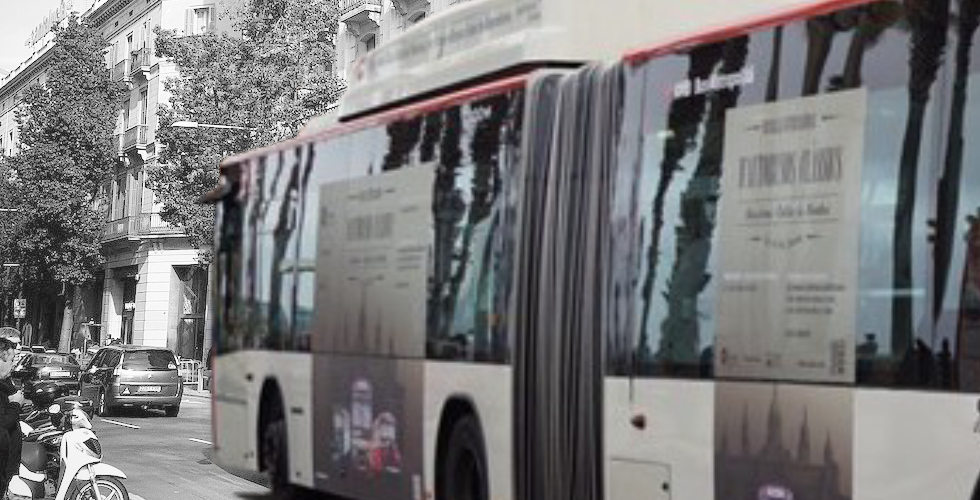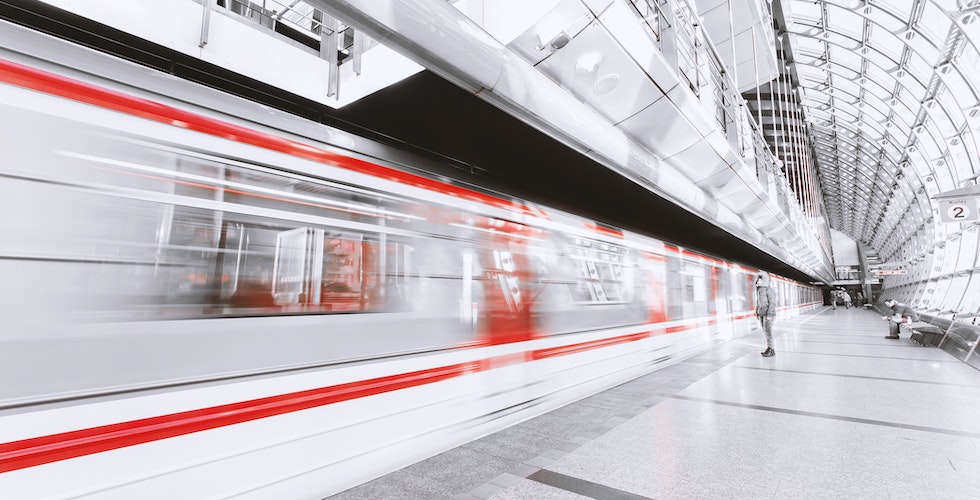Solutions
Traffic accidentsNon-railway public transport

When a passenger of a non-rail transit has an accident resulting in injury or death, if it occurs after the purchase of the ticket of transport and it is caused in the transport itself or in their facilities and stations, the injured passenger or their families in case of death are entitled to claim a compensation for the physical damages that remain or for the death in objective matters, i.e. without having to prove the cause or guilt in the accident.
This compensation they are entitled of both the injured and the families of deceased in public transport is regulated by Real Decreto 1575/1989, of December 22, approving the Regulation of mandatory insurance of passengers (SOVI). It is in these regulations where it is set, through its various categories, the physical damages and the death, assigning compensation to each case that could need the opinion of medical experts, to adjust consequences for the categories provided in these regulations whose proceedings have not simple particularities.
The amounts of the compensations to which are entitled the injured or the families of deceased in public transport accidents were established in 1989, so although the Real Decreto 1575/1989 of 22 December, the adopted Regulation of mandatory insurance of passengers (SOVI) did not anticipate it and insurance companies in extrajudicial phase do not accept to update compensations, this update should be required, taking into account that to set the update date, in case of injuries is considered to be the day when the injuries are healed, and in case of relatives claiming for a deceased, the date when it occurred.
When a passenger on non-railway transport suffers an accident resulting in injuries or death, whenever it takes place following the purchase of the corresponding transport ticket and occurs within the transport vehicle itself or in its facilities and stations, the injured passenger or their family, in the case of death, are entitled to compensation are entitled to receive compensation for the consequences they are left with or due to the death objectively, that is to say, without the need to accredit the cause or the fault of the accident.
This compensation that both the injured party and the family members of the person deceased on public transport are entitled to is regulated by Royal Decree 1575/1989, of 22 December, approving the Regulation on Obligatory Passenger's Insurance (SOVI). This regulation stipulates, through its different categories, the consequences and death, assigning the corresponding compensation for each specific casethat, in the case of consequences, make it necessary or recommendable to use medical experts in order to adjust the consequences corresponding to the categories outlined in the aforementioned regulation whose functioning has its particularities which are not always straightforward.
The amounts of the compensation that the injured part or the family members of the deceased party of a public transport accident were established in 1989, so that although Royal Decree 1575/1989, of 22 December, approving the Regulation on Obligatory Passenger's Insurance (SOVI) does not provide it and insurance companies in the extrajudicial phase do not accept updating the compensation, this update must be required , taking into account that in order to set the date of the updating, in the case of the injured party, it is the date of the stabilization of the injuries and for families claiming for a death, it is the date of the time when the death occurs.

The updates are very important because they increase the compensation that the injured party as well as the family members of a person deceased in a public transport accident are entitled to by more than double what is stipulated in current legislation.
Victims and parties affected by these types of accidents, in addition to being entitled to receive this compensation not subject to any proof of fault, also have the chance to receive another compensation that is much higher and fully compatible with the previous one provided that there is liability for fault attributable to the driver or the transport owner.
In order for this compensation to be granted for fault, it is necessary to have an accident where the liability for it is shown to be of the train driver, or the company or administration that provides the service or, in general, a third party, that is to say, that while the previous insurance (Obligatory Passenger's Insurance, ´SOVI´) allows you to claim even if it is for a trip, even if due to the user´s own clumsiness, in this case, you can only claim if there is a liable party to whom responsibility for the damage can be attributed, and this other compensation is not valued using the rules and categories of the Regulation on Obligatory Passenger´s Insurance (SOVI). Instead, it is valued in accordance and by analogy with the Traffic accidents compensation schedule which is regulated by Royal Legislative Decree 8/2004, of 29 October, modified by Law 21/2007, of 11 July, relating to liability and insurance for motor vehicles.
This compensation is much higher than that regulated by the compulsory traveller insurance andrequires an expert medical report for a better evaluation and guarantees of full compensation.
As the Supreme Court has shown in multiple rulings, receiving both compensations is fully compatible.
If you need more information you can find it here

